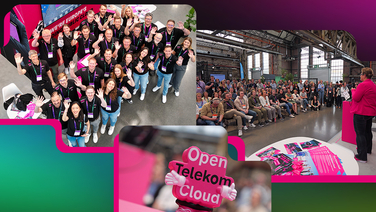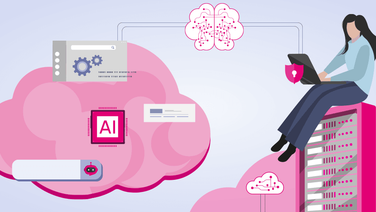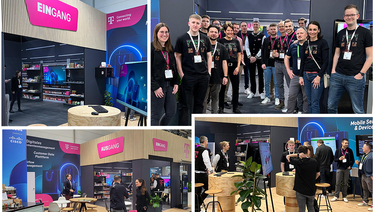
Price reduction opportunities thanks to new x flavors
June 2025 marks a major milestone in Open Telekom Cloud’s evolution. In addition to standard compute instances, such as general-purpose and compute-optimized, the new flexible x flavors are now available, offering price reductions of 30 to 40%.







